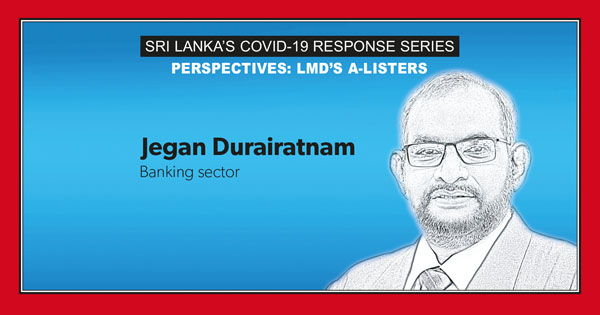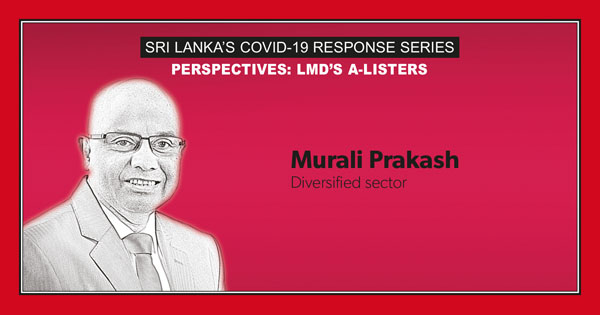TRAVEL BUBBLES MAY BE A BOON
A: The new (hopefully temporary) normal is all about uncertainty given that we are in uncharted territory. There are two phases: the pre-vaccine phase supported by increasingly effective cures like remdesivir and the post-vaccine era.
The post-vaccine era should mean that we return to normalcy although one could hardly call it that, given the rampant levels of inequity and environmental destruction. The crisis has highlighted human frailty, and the need to strike a new accord with the planet and each other. Consumer behaviour will hopefully change for the better.
Operationally, until advancements in science provide a medical breakthrough, business operations will be dominated by stringent safety-first precautions. A more normal operational model would follow in the post-vaccine phase where we deploy factories and staff more effectively.
In the hotel sector, while they are effective, ‘safe stay’ protocols are not sustainable in the long term – the very foundation of hospitality would disappear if hotels have to operate like hospitals beyond a short period of time.
Q: What lessons have we – the business community – learnt from this crisis?
A: In the wake of the declining global order with misguided populist leaders, countries have become more nationalistic and domestically focussed. This has been given impetus by the COVID pandemic.
Supply chains are being redrawn. There will be an increase in goods and services that are locally sourced, and a spike in businesses that can prioritise food security. Sri Lankan businesses will have to adapt accordingly.
For example, we import about Rs. 40 billion of canned fish – a product we have in abundance locally but do not harvest. We spend as much on milk, which we can produce locally with the right capacity. Trading has been prioritised over value addition and self-sufficiency, out of convenience and lack of planning.
Q: What is the outlook for jobs and employment in the medium term? And how should the authorities address the prospect of rising unemployment?
A: For tourism, there isn’t an alternative for the 225,000 people formally employed by the hotel sector, and the 500,000 employed informally and indirectly.
Small entrepreneurs in SMEs may move to agriculture for instance, but trained staff at larger hotels will not be able to switch as easily as no one will be hiring. Paying salaries will be a challenge. Loans will simply not cover wage bills for the next six months or so. With zero revenue, the service charge has been cut and this was often more than the basic salary.
Tourism may see a renaissance in the form of regional travel bubbles (such as what is being proposed between Australia and New Zealand) – so when the Indian market emerges from lockdown, there is the possibility of regional tourism to Sri Lanka supported by rapid tests in both countries. There’s a pent-up demand to travel so I expect an explosion in arrivals as soon as travel is felt to be safe. Short direct flights from India would be a good start.
Sri Lanka should use the crisis as an opportunity to take a hard look at its tourism product, and address shortcomings such as the lack of promotion, a better balanced mix with higher spending travellers, improved management of visitor attractions and more authentic experiences. Since leisure travellers range from high-end luxury to backpackers, the industry needs to cater to all segments in the long run to ensure its health and stability.
Positioning the country as a premium, desirable destination with unique experiences does not mean that visitor numbers will drop; nor that the current type of traveller will be deterred. On the contrary, Sri Lanka will be viewed as a more aspirational destination and the numbers will increase across the board – i.e. high end as well as gen Z backpacker types, which the informal sector relies on – as the country becomes more of a bucket list destination.
Witness the growth in three and four-star hotels and home stays in the Maldives; a premium destination becomes even more desirable to budget travellers if they’re able to find accommodation that suits their wallets. They would still enjoy the iconic experiences they’ve seen on Instagram whereas the growth in high end travellers will attract global brands, which are virtually absent outside Colombo.
[wprpw_display_layout id=2]





